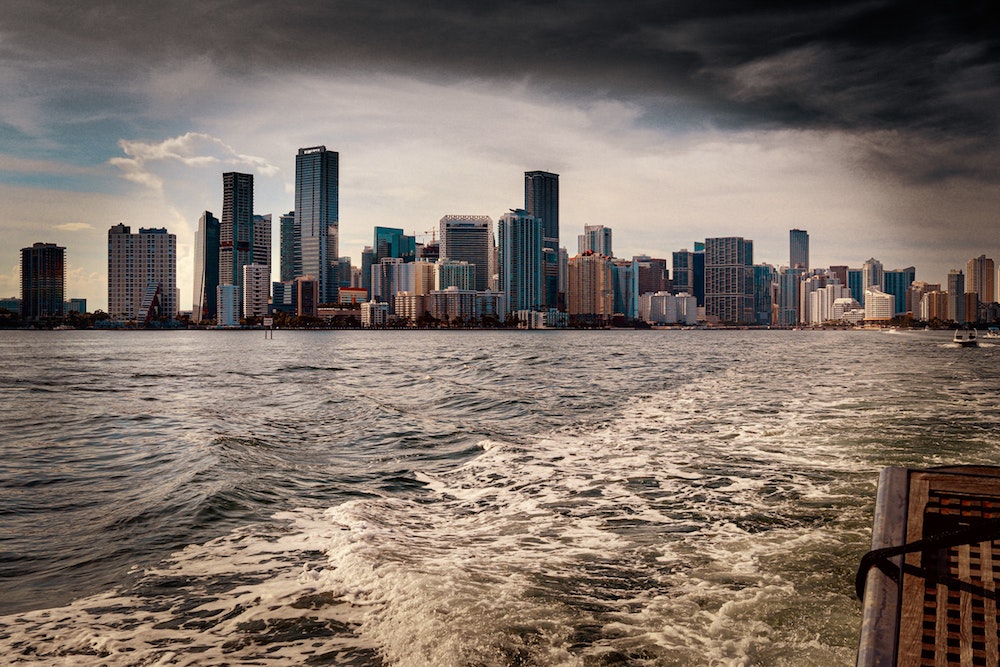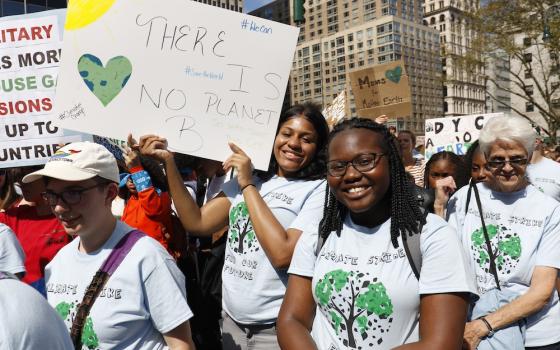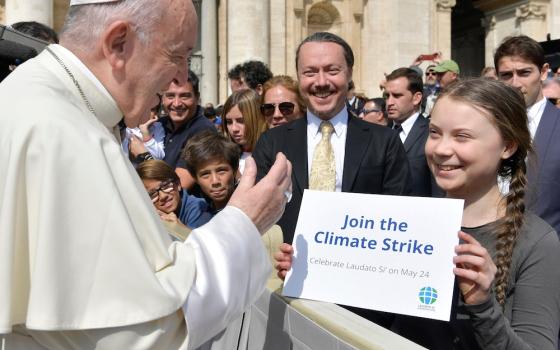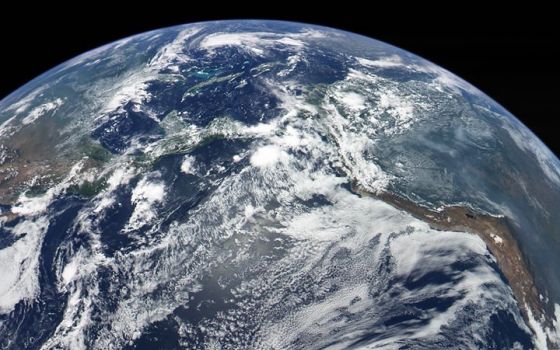
(Reese Beaux/Unsplash)
Editor's note: In his Lenten "Reflections on the Care of Creation," Fr. Emmet Farrell examines our impact on the planet and our responsibility, as people of faith, for our common home. You can sign up here to receive Fr. Farrell's reflections in your inbox every Monday, Wednesday and Friday from Feb. 17 to April 2.
See:
Eight of the world's 10 largest cities — including Los Angeles and New York City, in the U.S. — are located on coasts, and 40% of the world's population lives in coastal areas. As average global temperatures increase, the melting of ice sheets and expansion of the warming oceans is causing sea levels to rise. The speed at which this happened between 2005 and 2016 was 2.5 times the rate recorded during most of the 20th century.
Scientists expect sea levels to rise between 8 inches and 1 foot by the end of this century, although some extreme scenarios foresee an increase of up to 2 feet. One moderate scenario predicts that sea levels could rise enough by 2050 to put the land inhabited by 150 million people below the high-tide mark. That figure could increase by another 50 million by the end of the century.
Ryan Hagan of Crowdsourcing Sustainability describes what that would mean for his hometown of Boston: "No matter what, understand that coastal shorelines are going to be on the move for the rest of your life," he writes, adding that how far they move will depend on several factors, including "how much more greenhouse gas emissions get dumped into the atmosphere" and "just how sensitive Greenland and Antarctica's ice sheets turn out to be."
Advertisement
Judge:
A very solid scientific consensus indicates that we are presently witnessing a disturbing warming of the climatic system. … [M]ost global warming in recent decades is due to the great concentration of greenhouse gases (carbon dioxide, methane, nitrogen oxides and others) released mainly as a result of human activity. (Laudato Si', 23)
The majority of people living on our planet profess to be believers. This should spur religions to dialogue among themselves for the sake of protecting nature, defending the poor and building networks of respect and fraternity. … The gravity of the ecological crisis demands that we all look to the common good. (Laudato Si', 201)
"The human being was placed in the Garden of Eden to till it and to tend it." (Gen. 2:15)
Act:
- Think about what families who live next to an ocean or on an island must feel about rising sea levels.
- Consider inviting friends or parishioners to form a creation care team to study and act on climate change.
- Check with your local parish or public school about how they include climate change in their curriculum.






